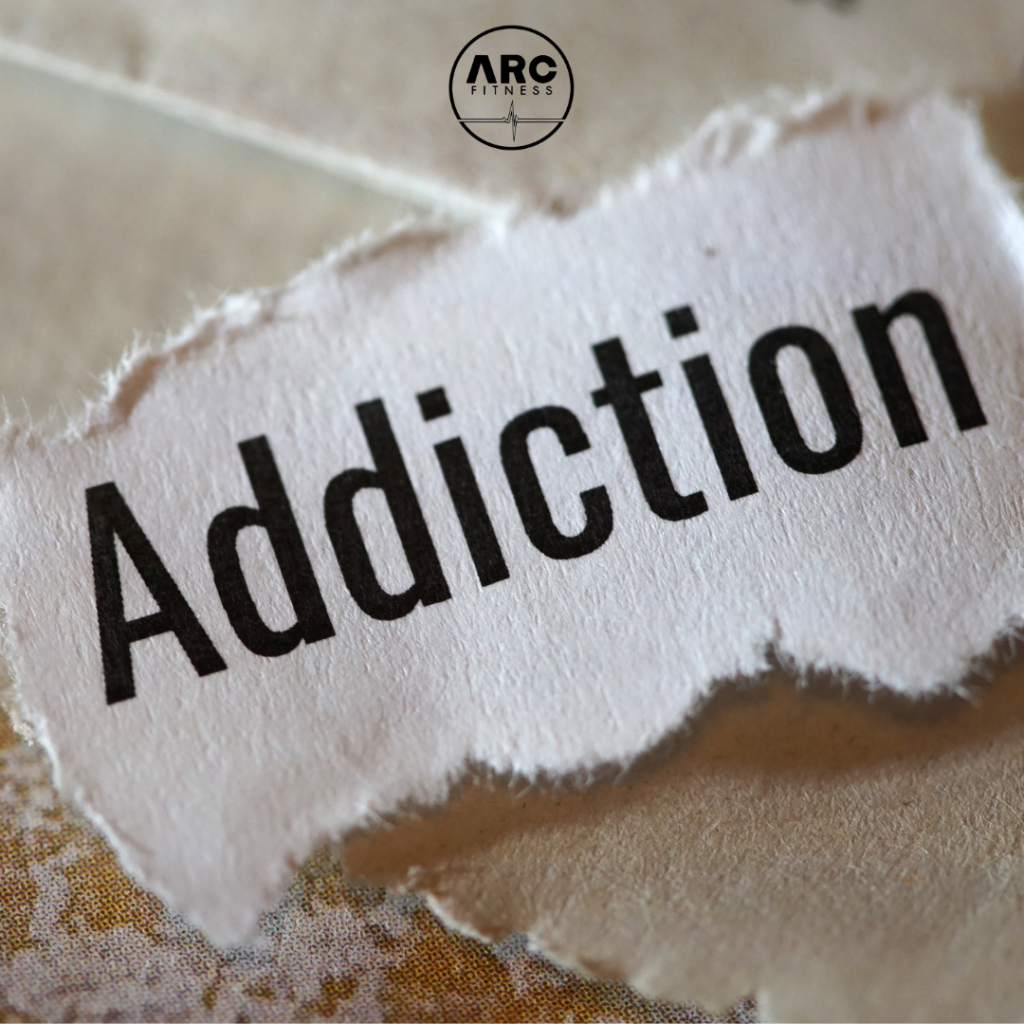No products in the basket.
Arc Fitness
The Stages of Change – Understanding Stigma
Addiction: Understanding Stigma and Unpacking the Causes and Consequences
Recovery from addiction is a complex journey marked by numerous challenges, both internal and external. Individuals grappling with addiction often face a barrage of obstacles such as medical complications, mental health issues, strained family dynamics, legal troubles, and employment difficulties. However, one of the most insidious challenges they confront is addiction stigma. This deeply ingrained societal bias can undermine recovery efforts and exacerbate the struggles associated with addiction.
Defining Stigma in the Context of Addiction
Addiction stigma is a potent, shame-based form of social prejudice and discrimination directed towards individuals who have substance use disorders (SUDs) or are in the process of recovery. It manifests in various forms, from harsh judgment to the denial of essential medical and treatment services. Stigma’s reach extends beyond the individual with SUD; it affects their families, the healthcare professionals who treat them, and the addiction treatment field itself.
The Multi-Faceted Impact of Understanding Stigma
- Barriers to Seeking Help: Stigma can be a formidable deterrent to individuals acknowledging their addiction and seeking help. Feelings of shame and unworthiness can dissuade them from entering treatment programs or reaching out to support networks.
- Internalised Stigma: Those who face addiction-related stigma may internalise these negative stereotypes, leading to profound emotional and psychological distress. Internalised stigma can undermine self-esteem and hinder the recovery process.
- Perceived Stigma: Even when not overtly expressed, individuals in recovery may perceive stigma. They may anticipate negative attitudes from others, leading to self-imposed isolation and a reluctance to share their experiences.
Origins of Stigma
Stigma is not unique to addiction; it has been applied to various diseases and social issues throughout history. It often arises from a lack of understanding and fear of the unknown. When society encounters something it perceives as harmful or incomprehensible, the knee-jerk reaction is to stigmatise it. Addiction stigma, therefore, is a part of this broader pattern.
Combatting Addiction Stigma
Education, empathy, and open dialogue are essential tools in the fight against addiction stigma. The more society understands the complexities of addiction and recovery, the less it will rely on stereotypes and judgments. By fostering a compassionate and informed environment, we can create a space where individuals feel empowered to seek help and embark on a path to recovery.
Why Do We Stigmatise?
Understanding the roots of addiction stigma is crucial to dismantling it. Stigma emerges from a myriad of sources, both conscious and unconscious, personal and societal. By dissecting these underlying causes, society can work towards reducing and eventually eradicating the stigma associated with addiction. This, in turn, will provide much-needed support and encouragement to individuals on their journey to recovery.

